The stranger, sensing the importance of his answer, remained silent. So the God of war rephrased the question more incisively: “What did you come here to find?” he asked, not without raising his voice. “I’ve come to learn”, replied the visitor, whose face had suddenly lit up.
WIVIWIC: 08. The stranger…
08. The stranger… 
 power
power
 nation
nation flag
flag international
international region
region state (2)
state (2) foreigner
foreigner ambassador
ambassador diplomacy
diplomacy embassy
embassy foreigner (2)
foreigner (2) passport
passport visa
visa foreigner
foreigner motto
motto sovereignty
sovereignty eucalyptus
eucalyptus emigrate
emigrate immigrate
immigrate migration
migration refugee
refugee capital
capital population
population missionary
missionary constitution
constitution independence
independence conquer
conquer conqueror
conqueror export
export import
import tax
tax



























